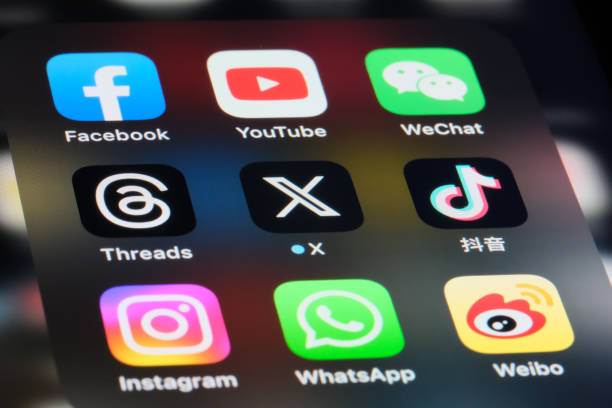In September 2024, the social media platform X (formerly Twitter), owned by Elon Musk, was officially blocked in Brazil following a legal dispute between Musk and the country’s Supreme Court. The conflict began when Alexandre de Moraes, a Brazilian Supreme Court judge, ordered X to remove certain content linked to misinformation. Instead of complying, X shut down its local operations, citing concerns for the safety of its staff. This decision led to the complete suspension of the platform in Brazil, with telecom providers ordered to block access and app stores instructed to remove it.
The tensions between Musk and de Moraes reflect deeper issues regarding content moderation and compliance with local laws. The judge had previously demanded that X appoint a legal representative in Brazil to address these concerns, but the platform refused, triggering financial penalties and threats of legal action. Musk, however, framed the situation as a violation of free speech, accusing the court of political bias and censorship.
The suspension of X is part of a broader trend where social media platforms face increasing pressure from governments to regulate content and comply with local laws. For Brazil, this is not the first instance of imposing strict regulations on tech companies—other platforms like Telegram and WhatsApp have also faced similar challenges.
This ban has significant implications for X, as Brazil represents one of its largest user bases. The platform’s decision to shut down operations rather than comply with legal demands could lead to substantial revenue losses, especially as competing platforms like Bluesky report spikes in user growth. The incident highlights the difficult balance global tech companies must strike between upholding free speech and adhering to local legal frameworks.

